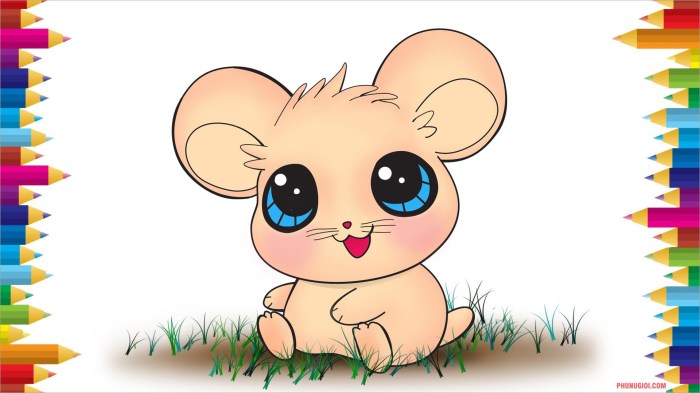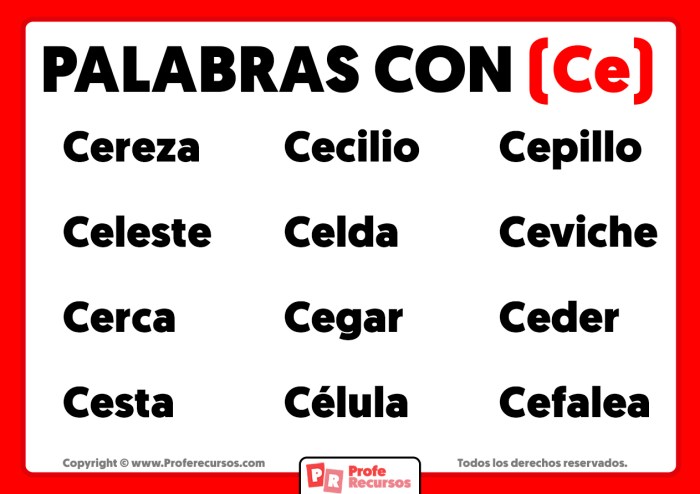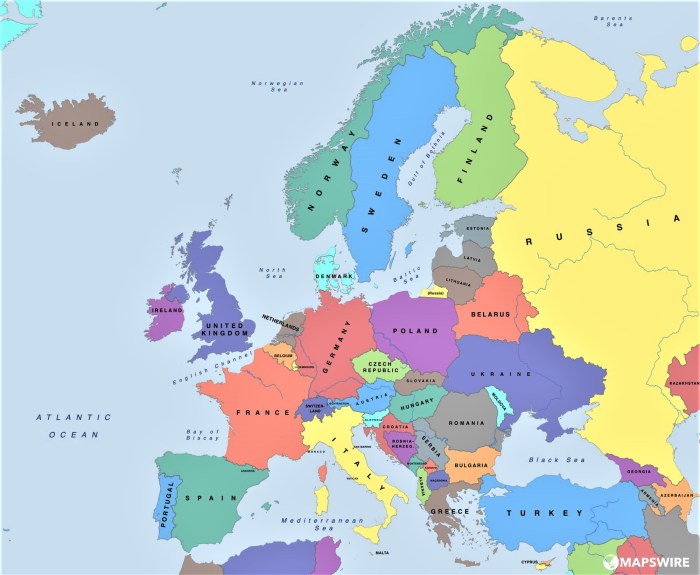Commencing with the intriguing concept of “what prisoners do crossword clue,” this discourse delves into the multifaceted realm of activities engaged in by incarcerated individuals, with a particular focus on the cognitive stimulation provided by crossword puzzles. By examining the benefits, limitations, and cultural significance of crosswords within prison environments, we gain insights into the daily lives, thoughts, and emotions of those behind bars.
The ensuing paragraphs explore the historical evolution of crosswords in prisons, their potential role in prisoner rehabilitation, and the ethical implications of providing educational and recreational opportunities to incarcerated populations. Through a comprehensive analysis of crosswords as a form of cognitive stimulation, entertainment, and self-expression, this discourse sheds light on the complex tapestry of prisoner experiences and the transformative power of intellectual pursuits within the confines of incarceration.
Activities Prisoners Engage in During Incarceration: What Prisoners Do Crossword Clue

Prisons provide a range of activities for inmates, including:
Work programs
Inmates may be employed in various industries, such as manufacturing, food service, or maintenance.
Educational opportunities
Prisoners can pursue GEDs, vocational training, and even college degrees through programs offered by prisons or outside organizations.
Recreational activities
These may include sports, games, reading, arts and crafts, and religious services.These activities offer numerous benefits, including:
Rehabilitation
Work and education programs can provide inmates with skills and knowledge that can help them reintegrate into society upon release.
Well-being
Recreational activities promote physical and mental health, reducing stress and improving morale.However, limitations also exist:
Access
Not all inmates have equal access to these activities due to factors such as security level, space constraints, and funding.
Quality
The quality of programs can vary significantly, and some may not provide meaningful opportunities for rehabilitation or well-being.
Crosswords as a Form of Cognitive Stimulation, What prisoners do crossword clue
Crosswords provide cognitive benefits for prisoners, including:
Improved memory
Solving crosswords requires recalling information and using it to complete the puzzle.
Problem-solving skills
Crosswords present challenges that require logical reasoning and problem-solving abilities.
Vocabulary expansion
Crosswords expose inmates to new words and phrases, expanding their vocabulary.In prisons, crosswords offer mental stimulation and entertainment for those with limited access to other forms of intellectual engagement.
Prisoner Culture and Crosswords
Crosswords play a significant role in prison culture:
Currency
Crosswords can be used as a form of currency, traded for goods and services within the prison.
Entertainment
Crosswords provide a popular form of entertainment, with inmates often gathering to solve puzzles together.
Communication
Crosswords can be used to communicate messages or express thoughts and feelings, especially in prisons where other forms of communication are restricted.The social and psychological implications of crossword-solving in a confined environment are complex and varied.
Crosswords as a Window into Prisoner Experiences
Crosswords can provide insights into the daily lives, thoughts, and emotions of prisoners:
Self-expression
Crosswords allow inmates to express themselves creatively and explore their own thoughts and feelings.
Coping mechanism
Solving crosswords can provide a sense of accomplishment and distraction from the challenges of prison life.
Crosswords in Prisoner Rehabilitation
Crosswords have potential in prisoner rehabilitation programs:
Cognitive development
Crossword-solving promotes cognitive abilities, which are essential for successful reintegration into society.
Emotional regulation
Crosswords can provide a healthy outlet for emotions and reduce stress.
Social skills
Group crossword-solving activities can foster social interaction and communication skills.
Historical Perspectives on Crosswords in Prisons
Crosswords have a long history in prisons:
Early origins
Crosswords were first introduced to prisons in the early 20th century.
Popularity
Crosswords gained popularity in prisons during the mid-20th century, becoming a staple of prison culture.
Changing attitudes
Attitudes towards crosswords in prisons have evolved over time, from skepticism to recognition of their benefits.
Crosswords as a Form of Social Justice
Providing crosswords to prisoners raises ethical and social justice implications:
Access to education
Crosswords can be seen as a form of educational opportunity, which is essential for the rehabilitation and well-being of prisoners.
Social justice
Access to educational and recreational opportunities is a fundamental human right, and providing crosswords to prisoners aligns with principles of social justice.
FAQ Compilation
What are the benefits of crosswords for prisoners?
Crosswords provide cognitive stimulation, improving memory, problem-solving skills, and vocabulary. They also offer mental stimulation and entertainment in environments with limited intellectual engagement.
How are crosswords used within prison culture?
Crosswords serve as a form of currency, entertainment, and communication within prison communities. They foster social interaction and provide a sense of community in a confined environment.
What is the historical significance of crosswords in prisons?
Crosswords have a long history in prisons, dating back to their early origins as a form of entertainment and mental stimulation. Over time, they have become an integral part of prison culture and have been used for educational and rehabilitative purposes.


